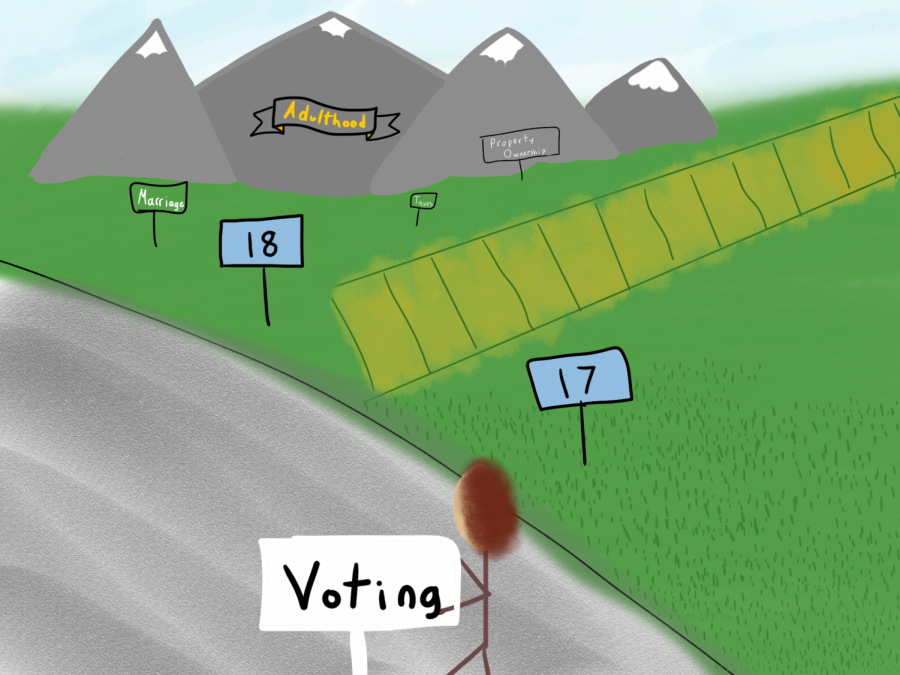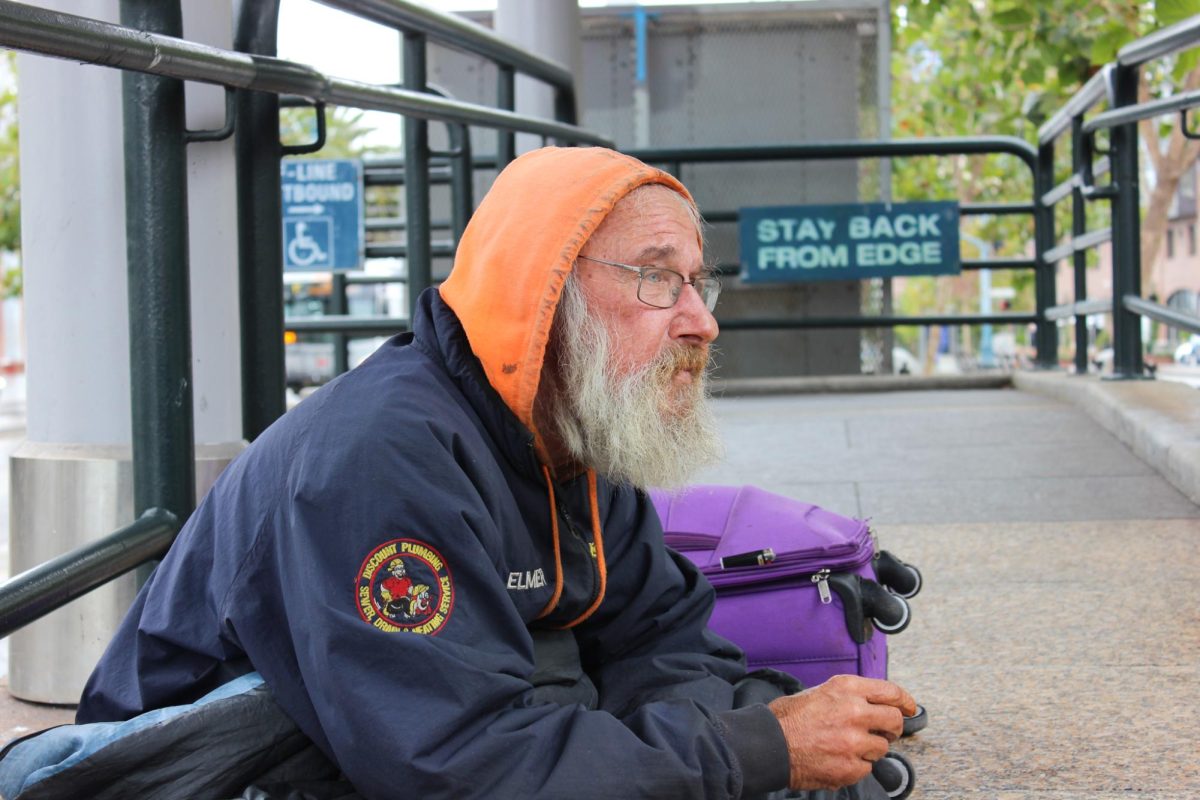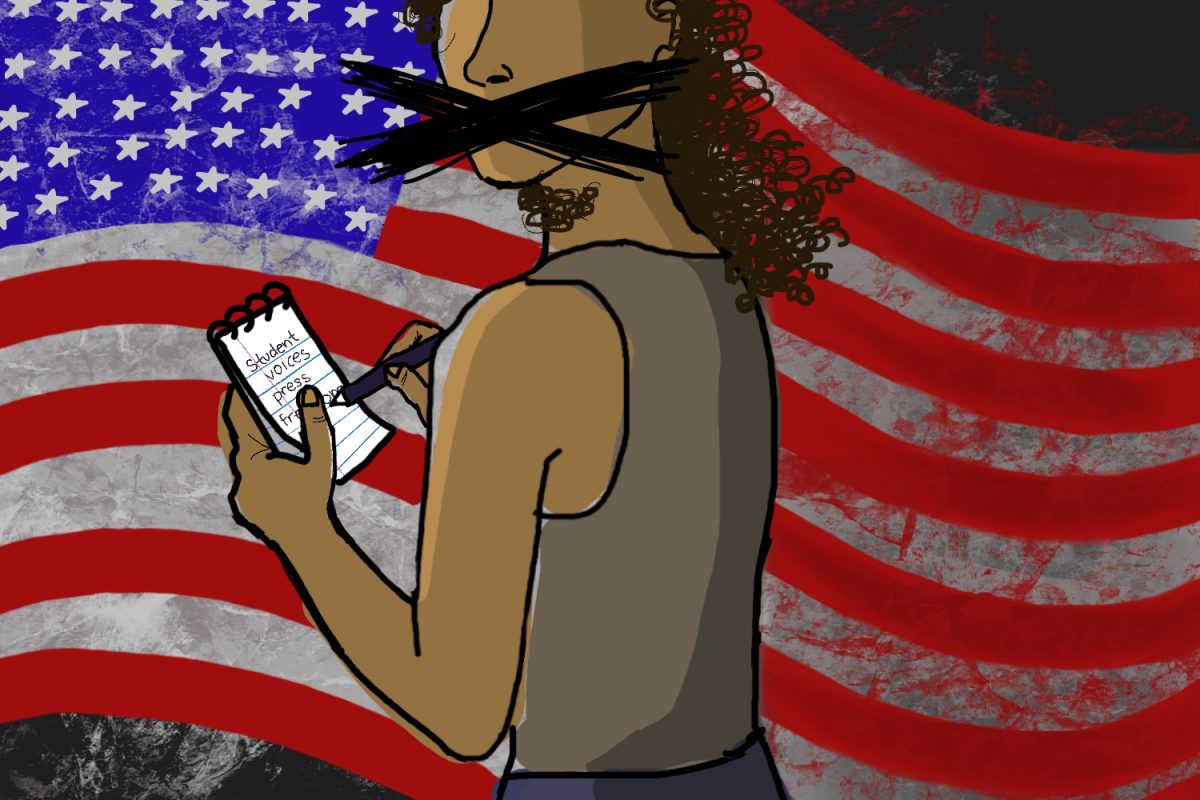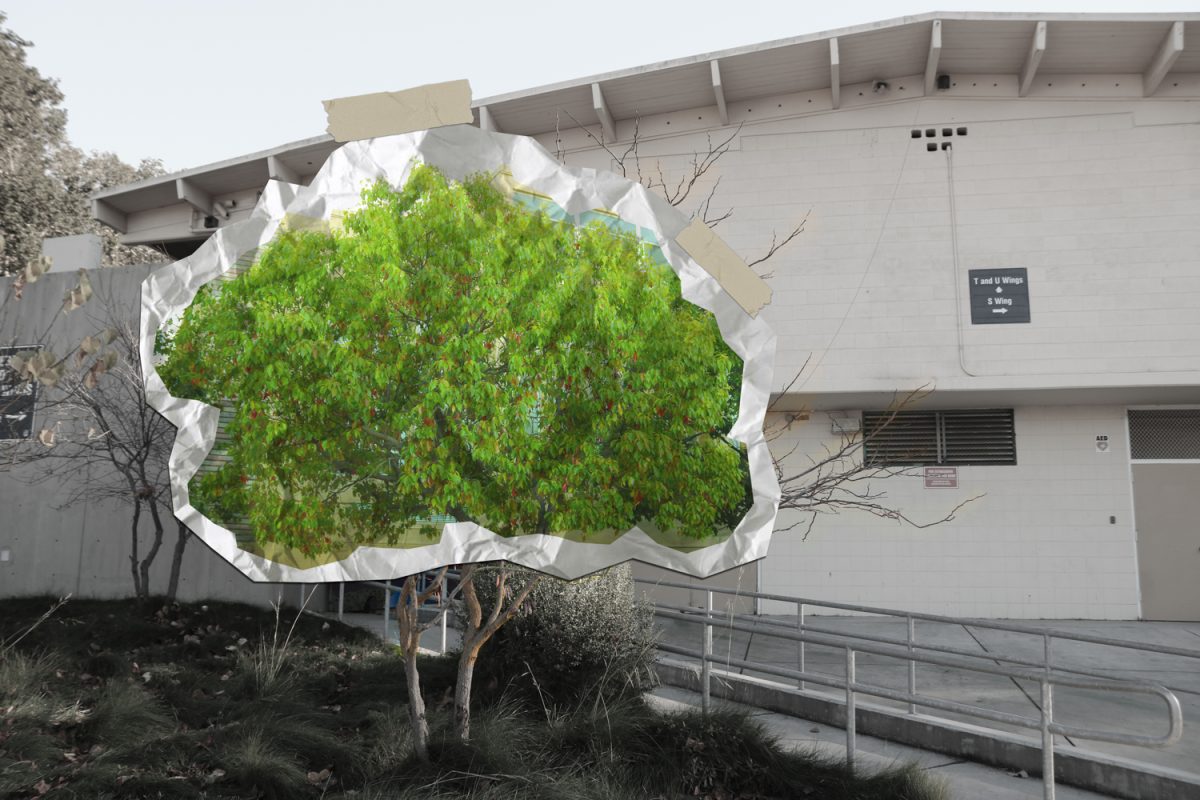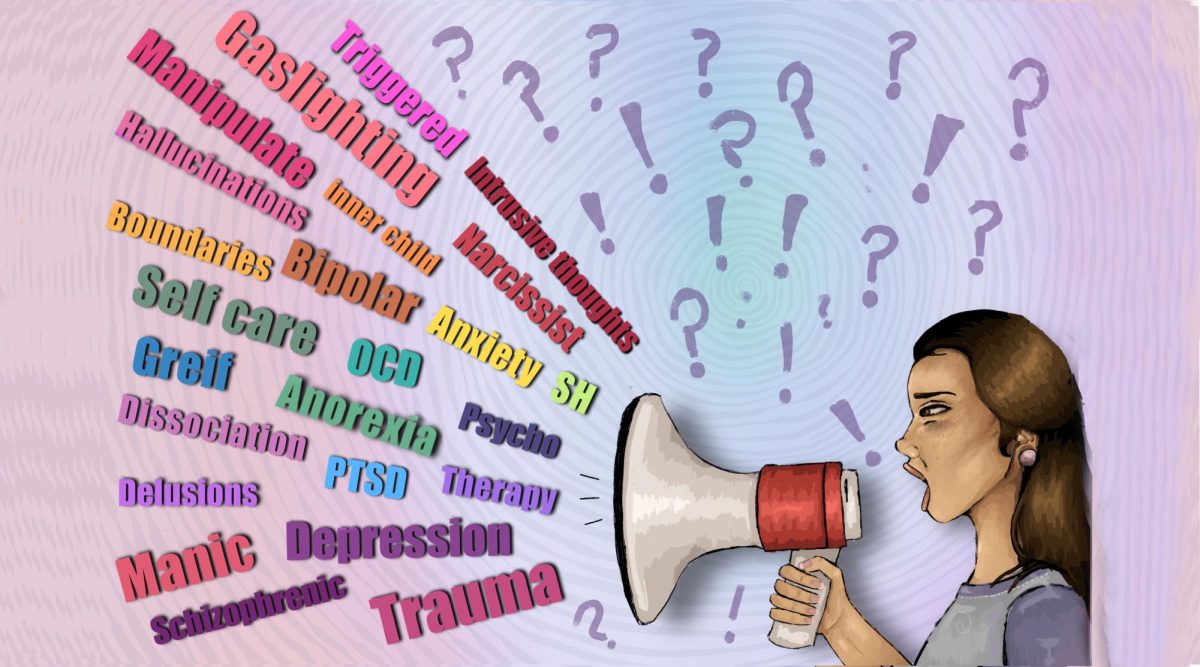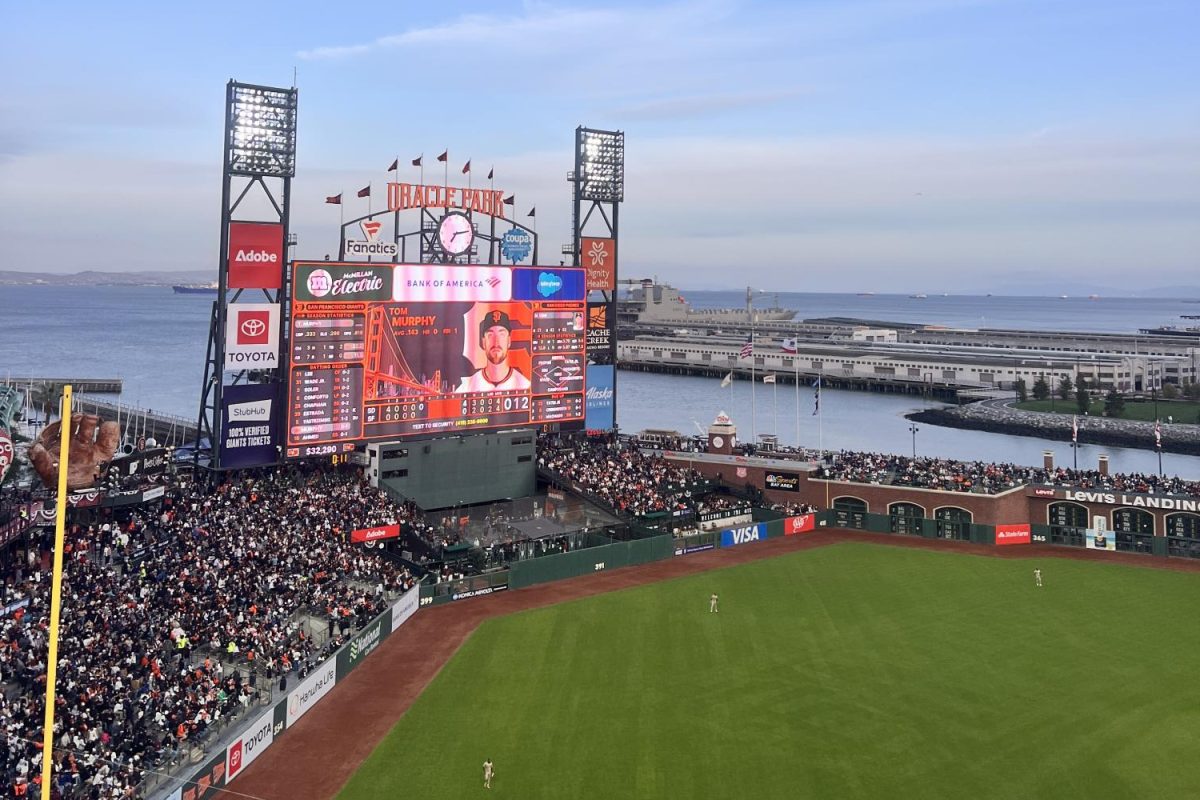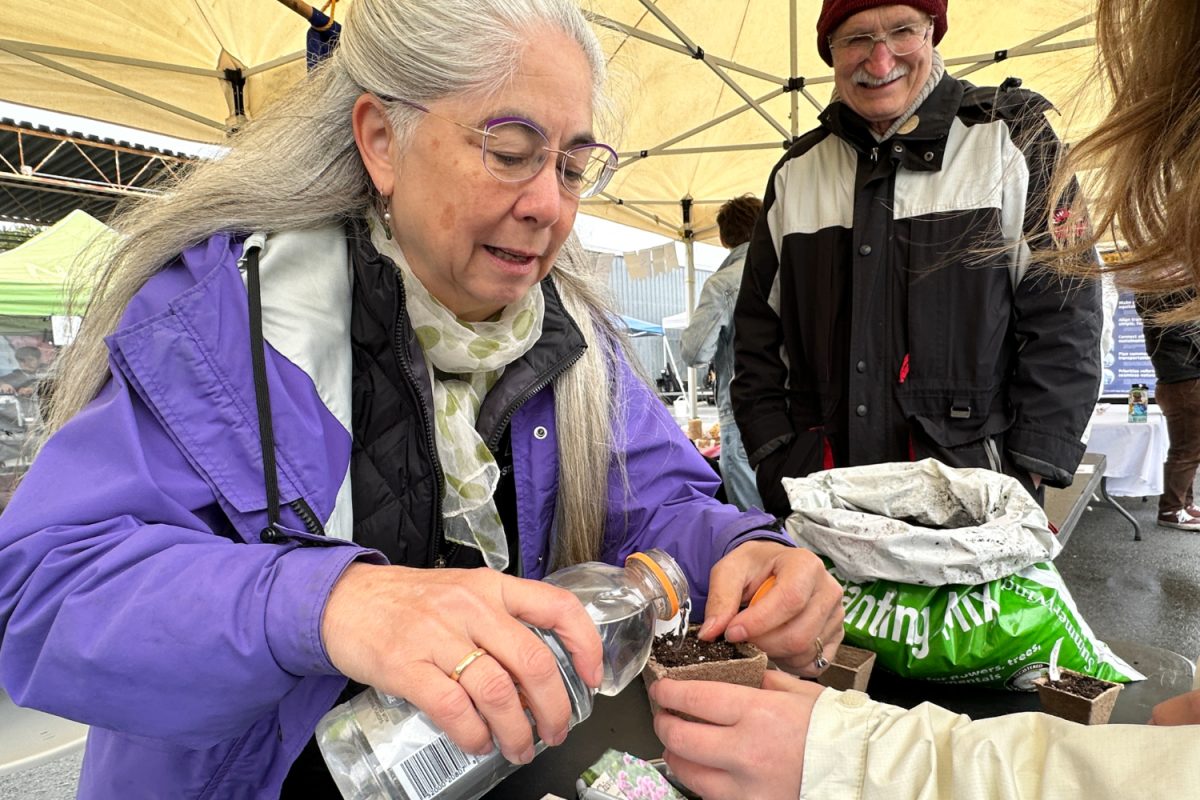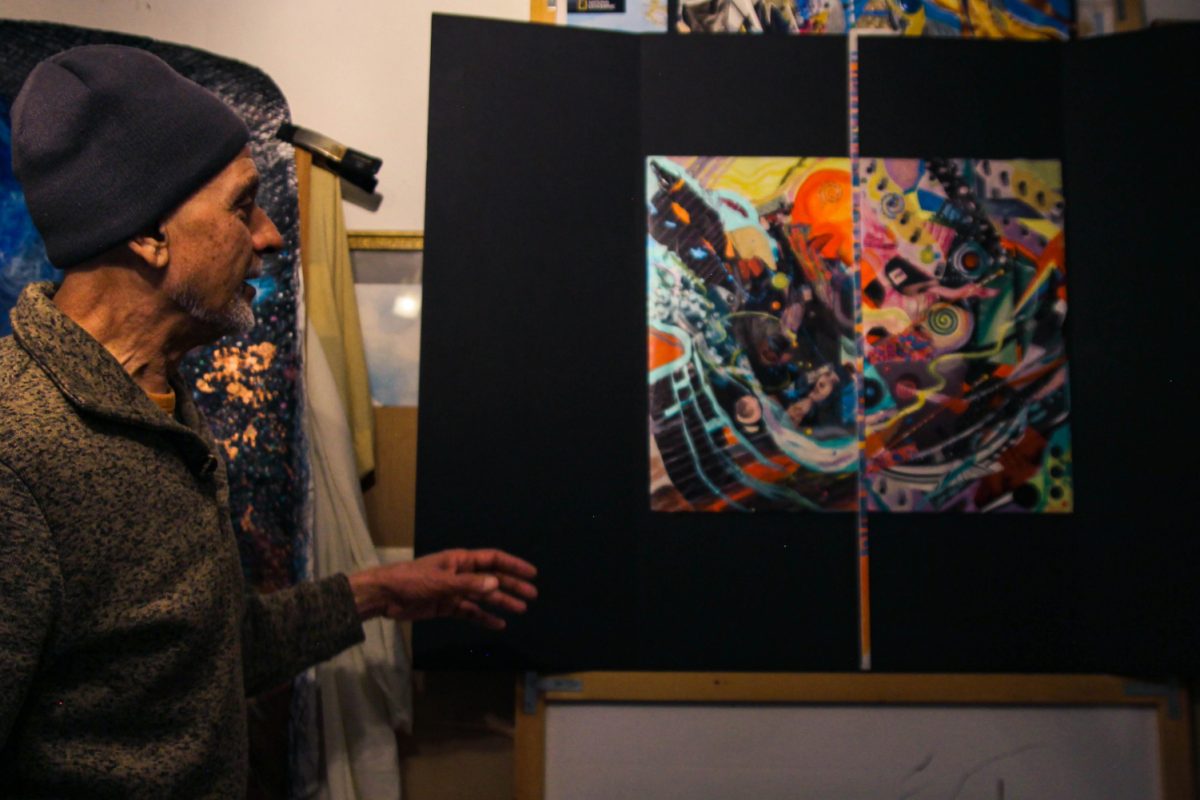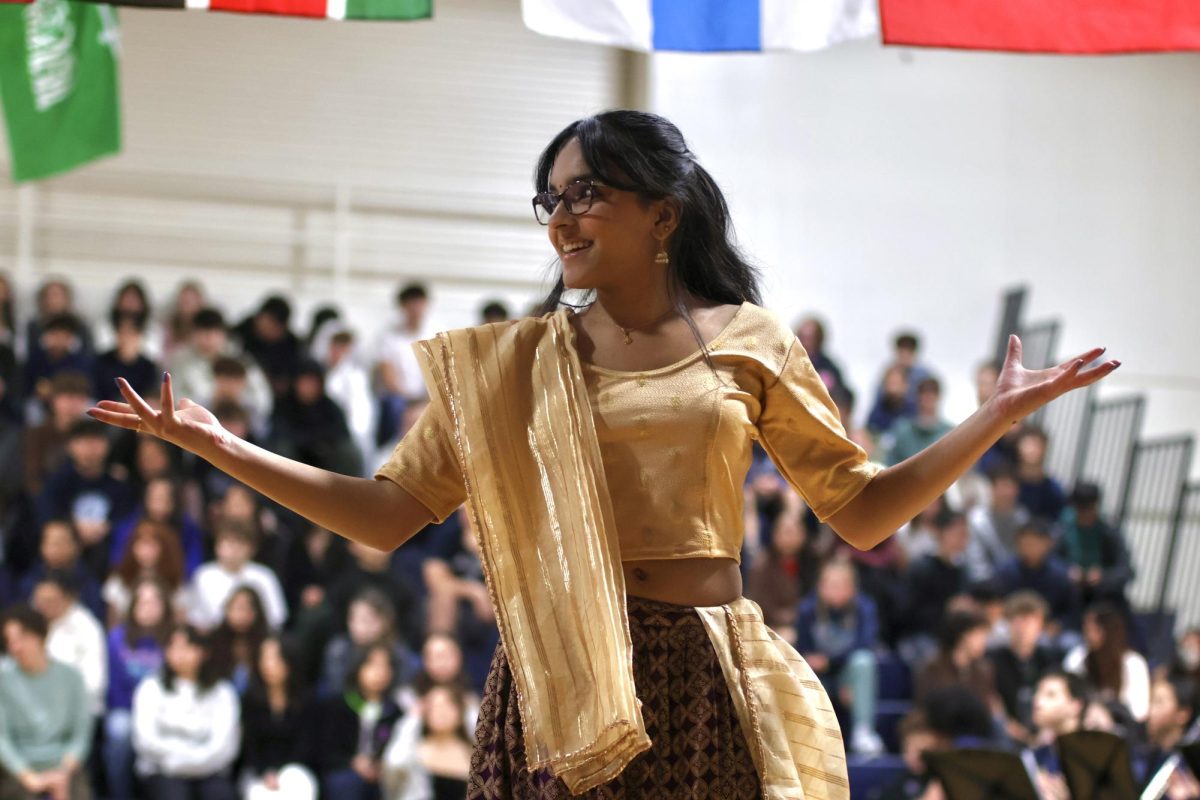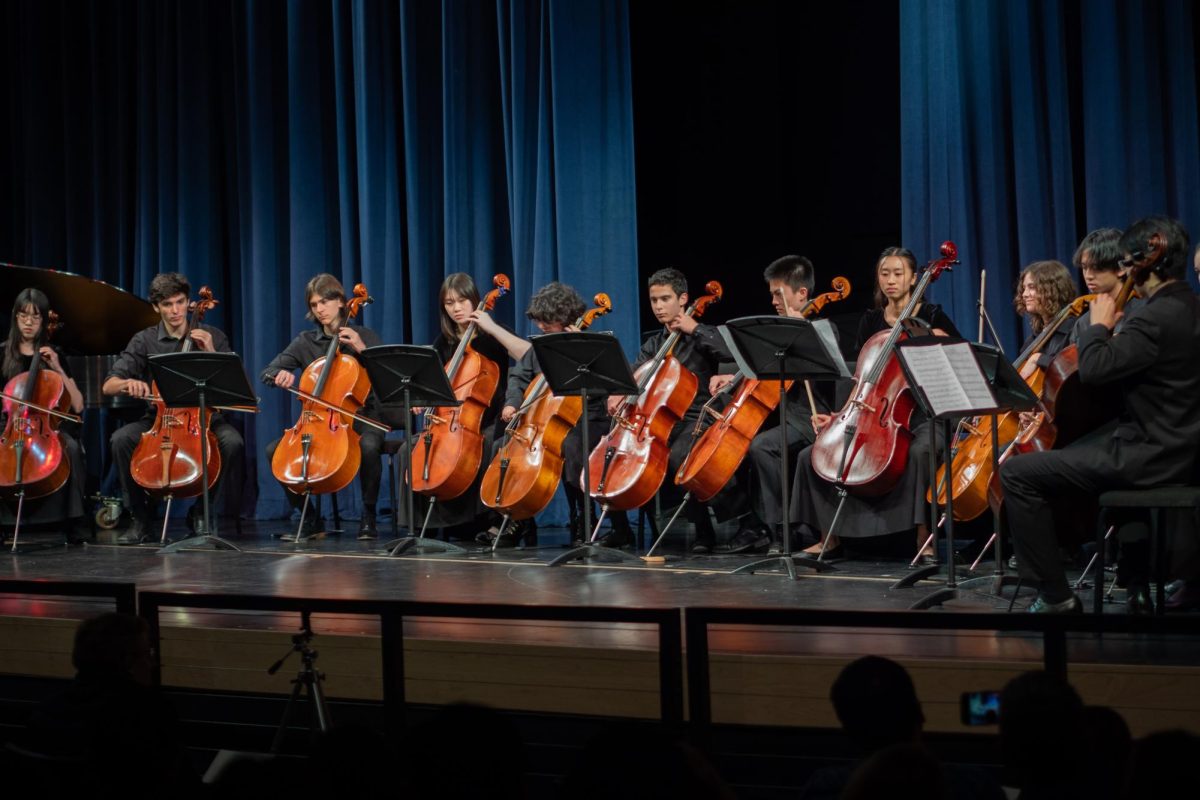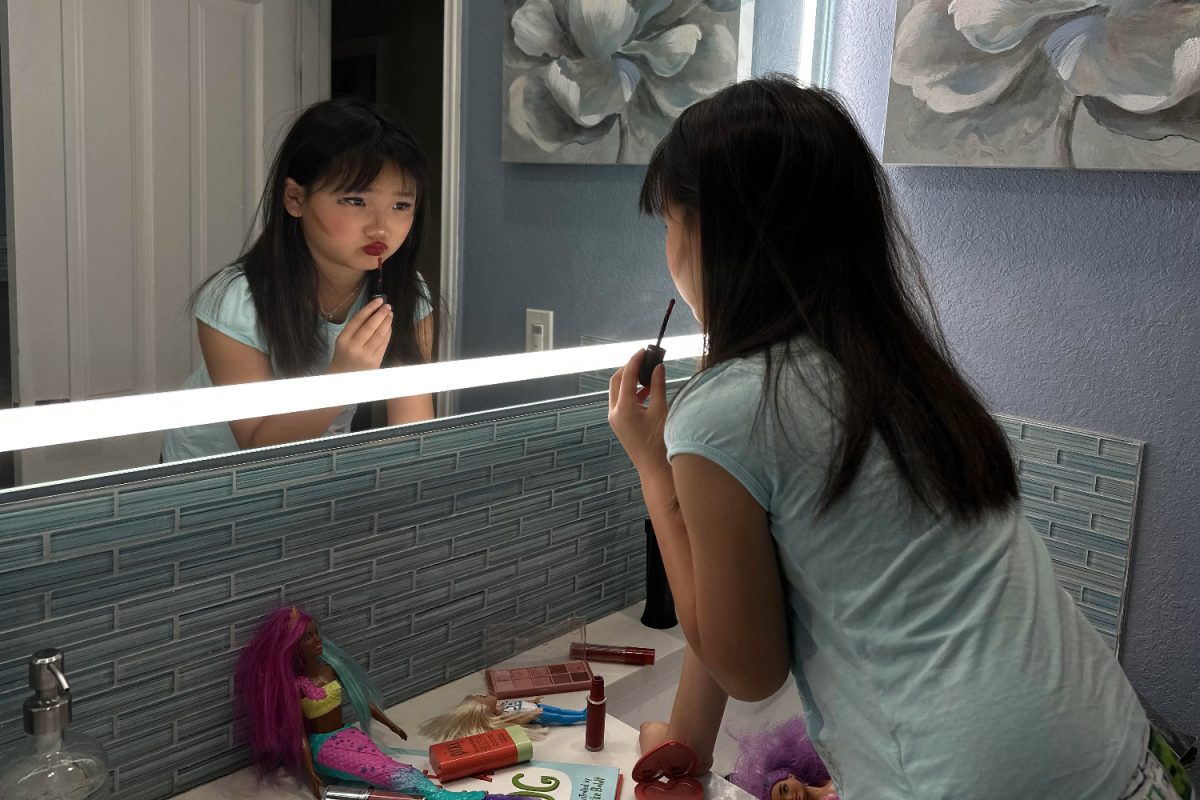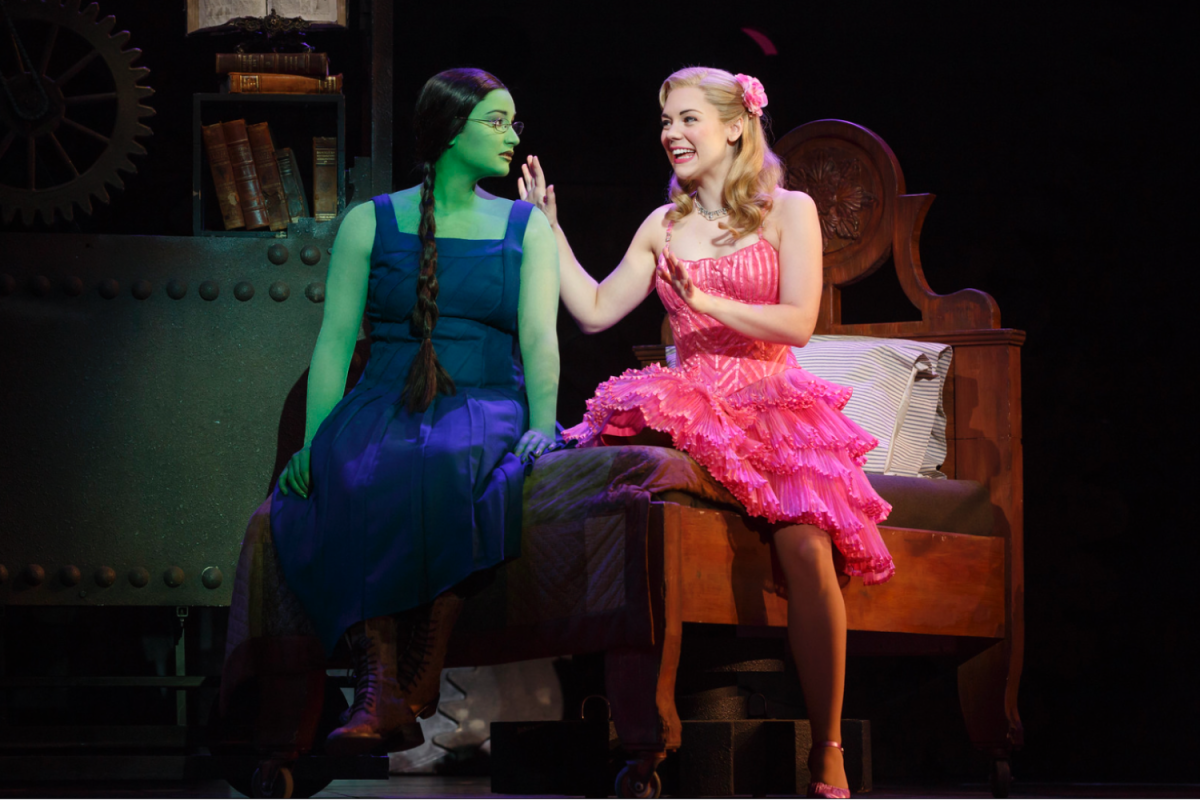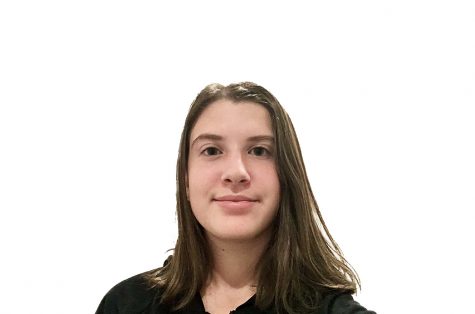In the 2016 presidential election, less than half of Americans between the ages 18 and 29 voted.
Across every Californian election cycle, teenagers experience half of their responsibility and right to participate in the democratic process.
Many teenagers are limited by their birthdays. They’re only eligible to vote during the general election, not the primaries, which are an important part of the democratic process. They introduce candidates to the American people and help the candidates build their final platforms. The primaries draw out voter interest and encourage voters to register and show up to the polls.
The California constitution currently states that only citizens older than 18 are allowed to vote. However, many do not. In 2016, The United States had a 64% overall turnout and only 46% youth turnout. According to a New York Times article by Alexandria Symonds, the three main reasons young people don’t vote are lack of habit formation, lack of opportunity cost based on stricter schedules, and alternative participation in protests as opposed to voting.
Schools do teach about the concept of democracy and voting and have student-led councils that represent a simplified version of United States democracy. Unfortunately, young voters still arrive at the voting centers feeling unprepared and unknowledgeable about the presented issue.
“One way to address that lack of preparation is to provide practical civics education — teaching more about how to vote. That can plant the seed early that voting is normal and worthwhile, and motivate young voters to overcome the short-term hurdles that might obstruct their participation in any particular election. In one study, youth turnout increased 5.7 percentage points after students were provided with an applied voting demonstration and given the chance to cast a practice ballot.” wrote Symonds.
Countries across the world and multiple states within the United States have addressed the lack of youth participation by lowering the voting age.
In 2016, Greece became the most recent European country to lower its voting age, with it now set at 17. According to an article written by the European Youth Forum, “The Greek Interior Ministry stated that the bill would ‘sharpen democratic reflexes”’ amongst young people by involving them in politics earlier.”
In the United States, the voting age has been nationally set at 18 since the Vietnam War since the passage of the 26th Amendment.
However, in recent years, laws have been created with more specifics regarding the voting age. Currently, 17 states and the District of Columbia have laws that allow 17-year-olds to vote in the primary elections if they are eligible for the general election. Although these laws do not affect the base voting age, such as in Greece and other countries, it creates outreach to younger voters.
California’s version of these laws, Proposition 18, was on the Nov 3, 2020, ballot. One of the main goals of the proposition was to reach younger voters when they are beginning to receive new legal rights and responsibilities. Similar to other states, the bill would amend the California Constitution to permit 17-year-olds to vote in primary and special elections if they turn 18 by the next general election.
Mike Young is the Political and Organizing Director for the California League of Conservation Voters (CLCV). He is mainly in charge of ensuring everything that the CLCV does coordinates with each other through legislation, electoral campaigns, or organizing campaigns. The CLCV focuses mostly on addressing and attacking the climate crisis.
“A big part of [our work] is not just addressing the environment directly with the state on legislation about it, but a lot of indirect things that are very important to building the power, and the support needed in order to pass bold environmental policy. And one of those big ones is really expanding democracy, expanding voices that care a lot about climate, and are going to be impacted by the consequences of it,” Young said.
Proposition 18 is the only non-climate bill that the CLCV sponsored in over 10 years.
Although this is the first year that a proposition like Proposition 18 had reached the voters, the debate concerning the issue has been prevalent in the state legislature several times.
The CLCV supported the bill since before it was created. They supported two previous bills (ACA-4 and ACA-8) that ultimately led to the compromise on Proposition 18. Too Young, support of Proposition 18 was important as a part of democracy that would strengthen young peoples’ voices.
If the Proposition had passed, the number of new voters would have reached 200,000-400,000 young Californians.
According to the League of Women Voters of California, Proposition 18 would cost hundreds of thousands of dollars for counties across California every two-year election cycle to pay for the extra voting materials and time the election officials will need to be working. The state will also have one-time costs to update the voter databases, which could reach upward to $1 million.
“In the larger context of things, $1 million is not that much for how much it can benefit students, as long as they do choose to exercise the right to vote,” said Carlmont graduate Karina Tseng.
The thousands of students impacted by the bill would get an opportunity to participate in the full election cycle. They are currently allowed to vote in the general election, but not the elections that precede it: primaries and special elections.
The typical age for adult responsibilities is 18. Once teenagers are considered adults, they gain new legal rights, and responsibilities, including; citizenship, voting, military service, jury duty, criminal charges, contracts, marriage, and employment.
“[Proposition 18] gives 17-year-olds kind of a look into and kind of gives them the motivation to take part in their civic duty,“ said local resident Sabrina Miller.
To Tseng, the difference in maturity between 17-year-olds at primary elections vs. them at 18 during the general election isn’t big enough to be an issue.
“If you think about it, we’re already separating people by grade levels, and I guess counting maturity sometimes that way. But people’s birthdays just from that can vary from November all the way to in the spring, summer, and they’re all considered at one equal grade level,” Tseng said.
During the 2020 election, Proposition 18 failed to pass by almost 2 million votes with an outcome of 56% – no to 44% – yes. Although the bill did not succeed in passing it was successful in drawing attention and discussion to the issues the bill was attempting to address.
If a bill similar to Proposition 18 passes in the future, students will be able to take part in their civil duty throughout the entire cycle of an election. With previous experience like the one that proposition 18 would provide, students could be more aware of how to participate in future elections. By having experienced a similar setting before, it is possible that first-time voters will create better voting habits.
The discussion concerning first-time voter participation is important and will be more prevalent throughout the state of California following this past election.


